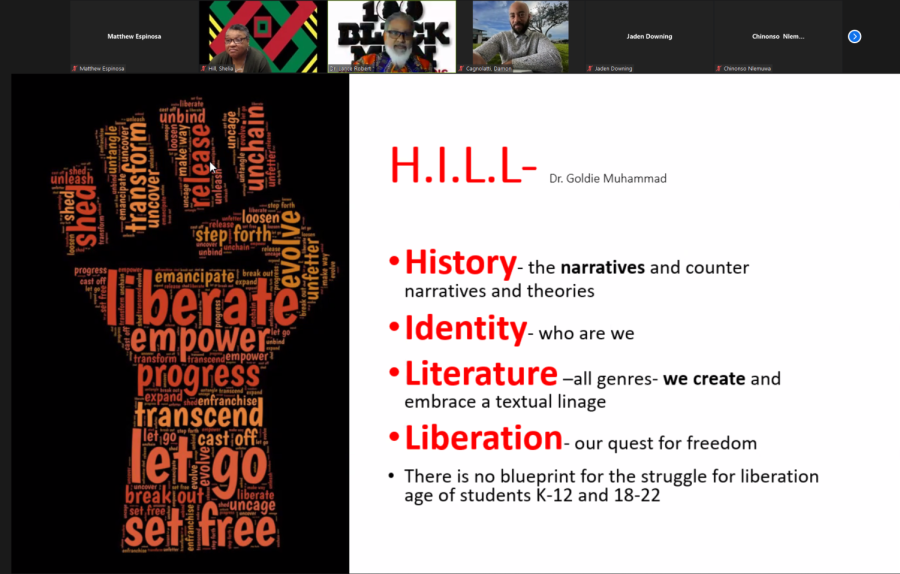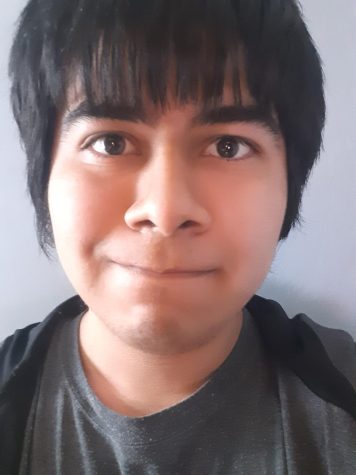Cerritos College’s Umoja Success Program reflected on the past of Black student-led campus movements in a Zoom session with Dr. Lance Robert, member of the 100 Black Men of Long Beach, Inc., on Feb. 15.
“Within the West African cultural myths, there is a very important notion of Sankofa that’s represented by the bird that flies [and] looks back as it’s flying forward,” said Damon Cagnolatti, a professor, at the start of the session.
“The significance of looking back while flying forward is to pay homage to the past and to retrieve the valuable memories [from the past] to carry them on the flight forward,” Cagnolatti added.
The 100 Black Men of Long Beach, which started in 2007, is a group that parallels the 100 Black Men of America organization.
The group’s purpose is to empower young Black men by teaching them about the importance of personal responsibility and education.
Although, Dr. Robert said that it depended more on its members’ success in improving the quality of life for the Black communities that they help.
Robert’s speech centered on the impact of Black students in the late 1960s.
“Think about John Lewis. How old was he? 19? 20? He was really a baby,” said Robert, “But he was bold.. sacrificing because it was for a higher good and people had turned a deaf ear.”
An important method for activism that Robert referenced in his discussion was Dr. Goldie Muhammad’s H.I.L.L.
H.I.L.L. focused on history, identity, literature, and liberation, where the most important overarching elements of this strategy is the future and what activists do in using what benefits the past has to offer.
“See, there was no blueprint for the young people [in the 1960s]. Now, they’re in their 70s, but they were young one time and they were trying to figure it out [at the time],” said Robert.
Dr. Robert mentions the Children’s Crusade, made up of children no older than children in middle school, and how they marched out of school in 1963 in hopes of contributing to a better world for Black people.
Ella Baker, American civil rights activist, was another historical figure discussed in the meeting for her “Bigger than a Hamburger” speech that urged older folk to take the efforts of young, Black activists seriously.
However, the appointed ideological father, as Dr. Robert put it, was Malcolm X- someone that the Black youth felt would have sympathized with their actions.
He is the man who wrote the ‘History is a Weapon’essay, after all, said Robert.
Dr. Robert concluded his speech with a question for participants to consider and reflect on. He asked, “What’s going to be our legacy? What are we going to give to transform higher education?”










